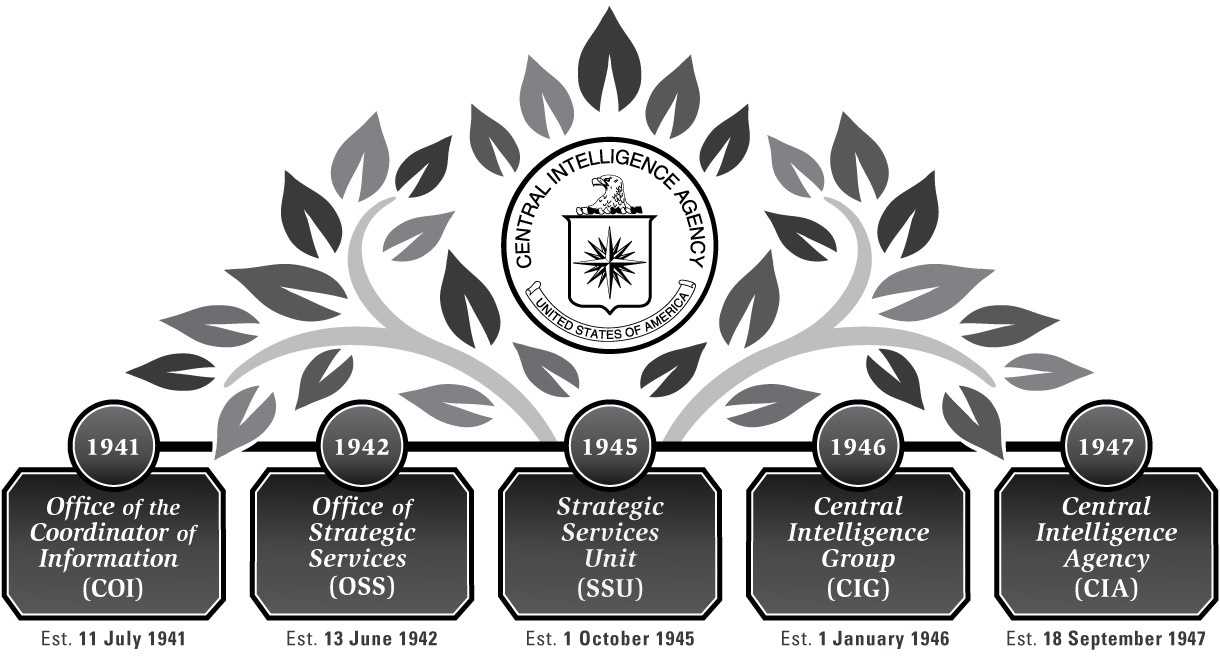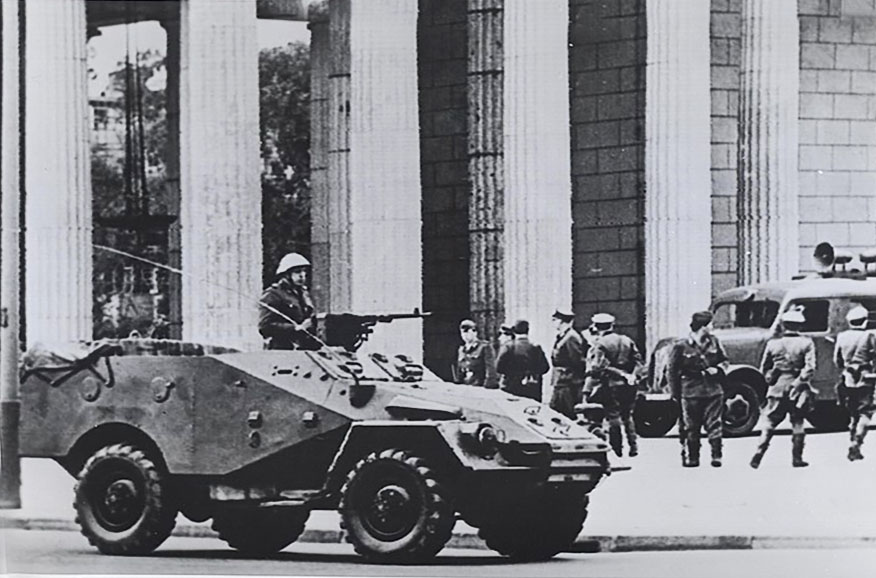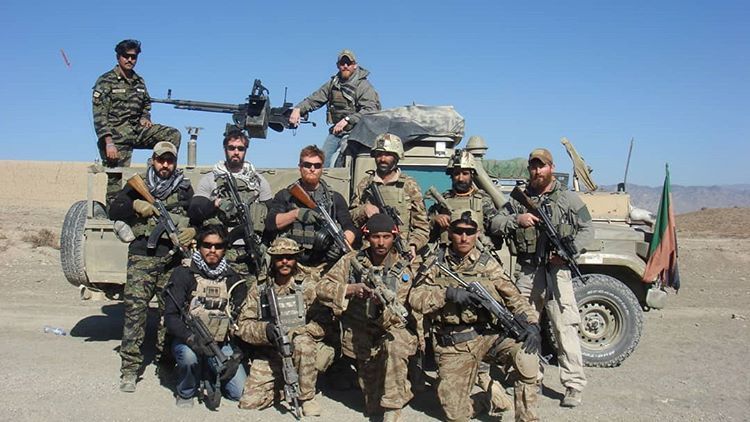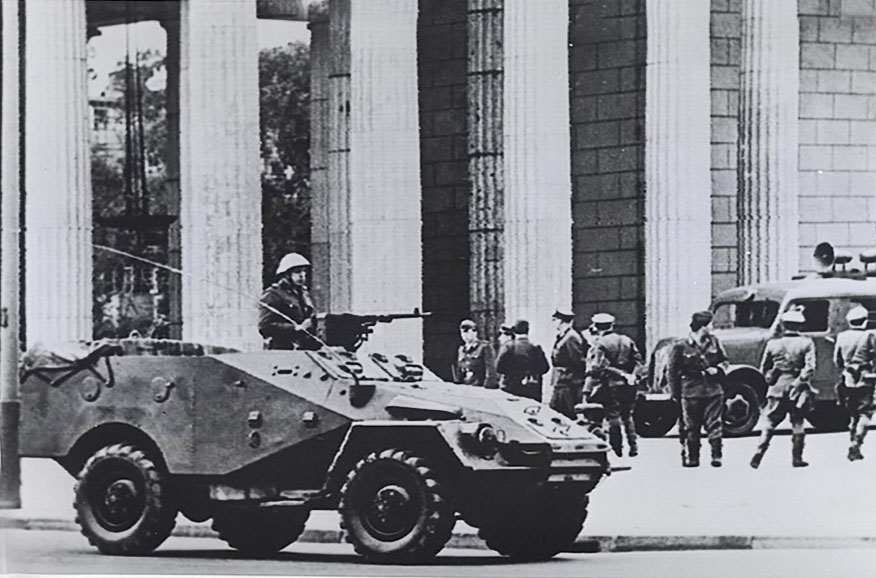Covert operations have long been a crucial aspect of military strategy, particularly during the Cold War era. These operations include clandestine activities designed to influence political events or military situations without revealing the identity of the responsible party. The U.S. has conducted numerous covert operations, many of which remained classified for decades before being declassified and made public. The implications of these operations have had lasting effects on international relations and military tactics.

Credit: CIA Historical Archives – www.cia.gov
Several significant covert operations were executed prior to 1960 that shaped modern warfare. These include Operations Ajax and PBSUCCESS, which were orchestrated by the CIA to overthrow governments in Iran and Guatemala, respectively. These operations showcased the U.S.’s willingness to intervene covertly in foreign nations to protect its interests and prevent the spread of communism.

Credit: National Security Archive – nsarchive.gwu.edu
The declassification of covert operations has had profound effects on how nations view intelligence and military operations. The revelation of U.S. involvement in the 1953 Iranian coup, for example, has led to strained relations between Iran and the United States, influencing foreign policy debates to this day. Furthermore, such disclosures have increased public scrutiny over the legitimacy and ethical implications of covert operations.

Credit: Gen Discharge – gendischarge.com
The legacy of covert operations continues to affect current military strategies. Techniques developed during the Cold War, such as psychological operations and misinformation campaigns, remain relevant today. The understanding gained from historical covert actions can inform present-day strategies, particularly in conflicts that involve asymmetric warfare or non-state actors.
Despite the declassification of many operations, numerous myths and unanswered questions persist. The full extent of certain operations remains shrouded in mystery, leading to public speculation and conspiracy theories. Questions about accountability, ethical boundaries, and the long-term consequences of these operations continue to challenge historians and policymakers alike.
Categories: Cold War History, Intelligence Operations, International Relations, Military History, Political History, War History
Tags: CIA, Cold War, covert operations, declassified documents, Intelligence Operations, Military History, secret wars
Religion: Not applicable
Country of Origin: Germany, Guatemala, Iran, United States
Topic: Military History
Ethnicity: Not Applicable


